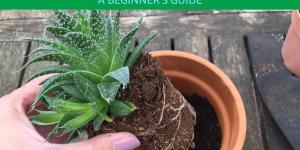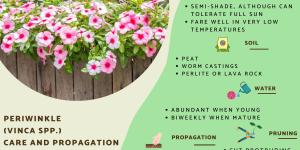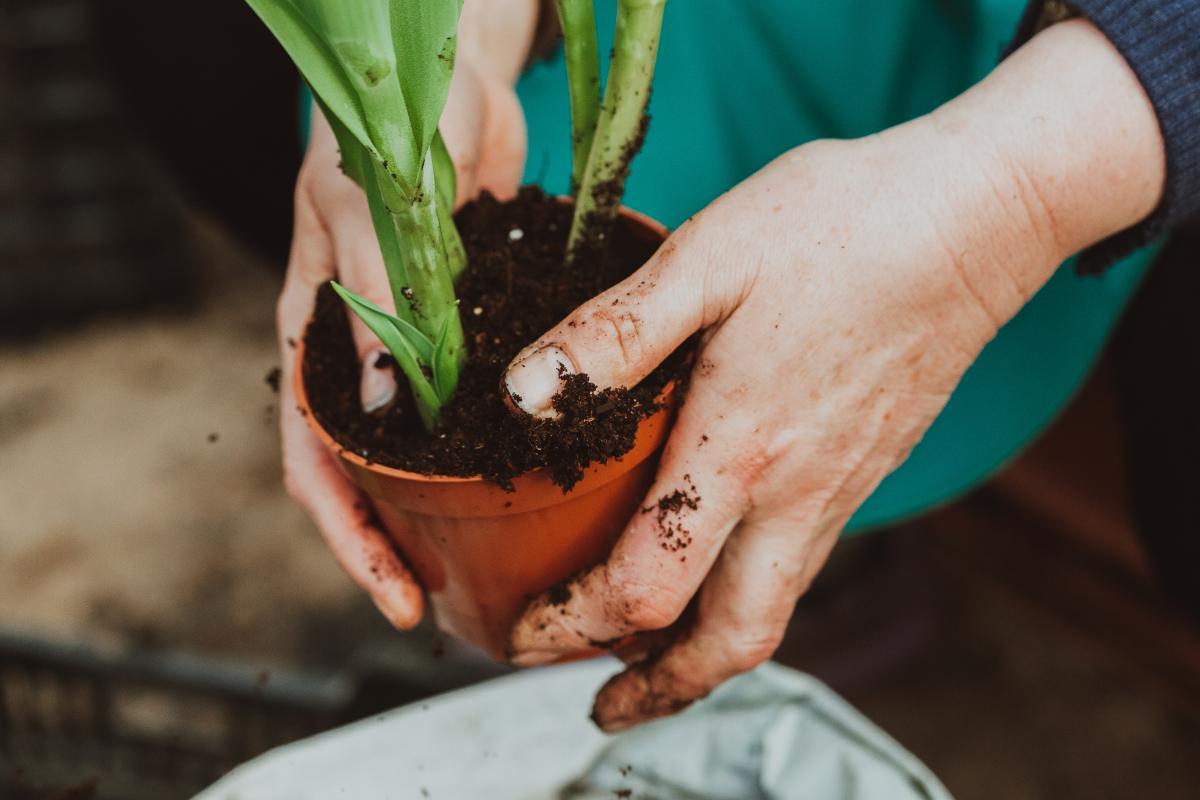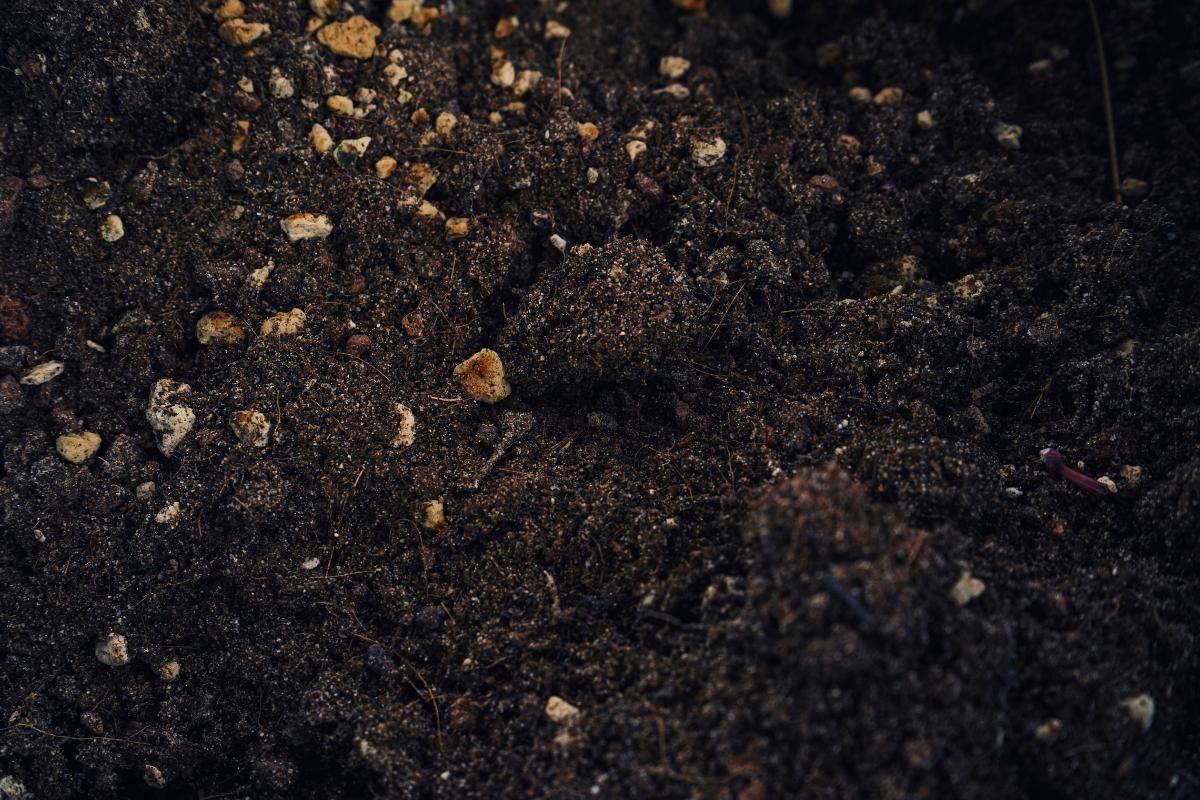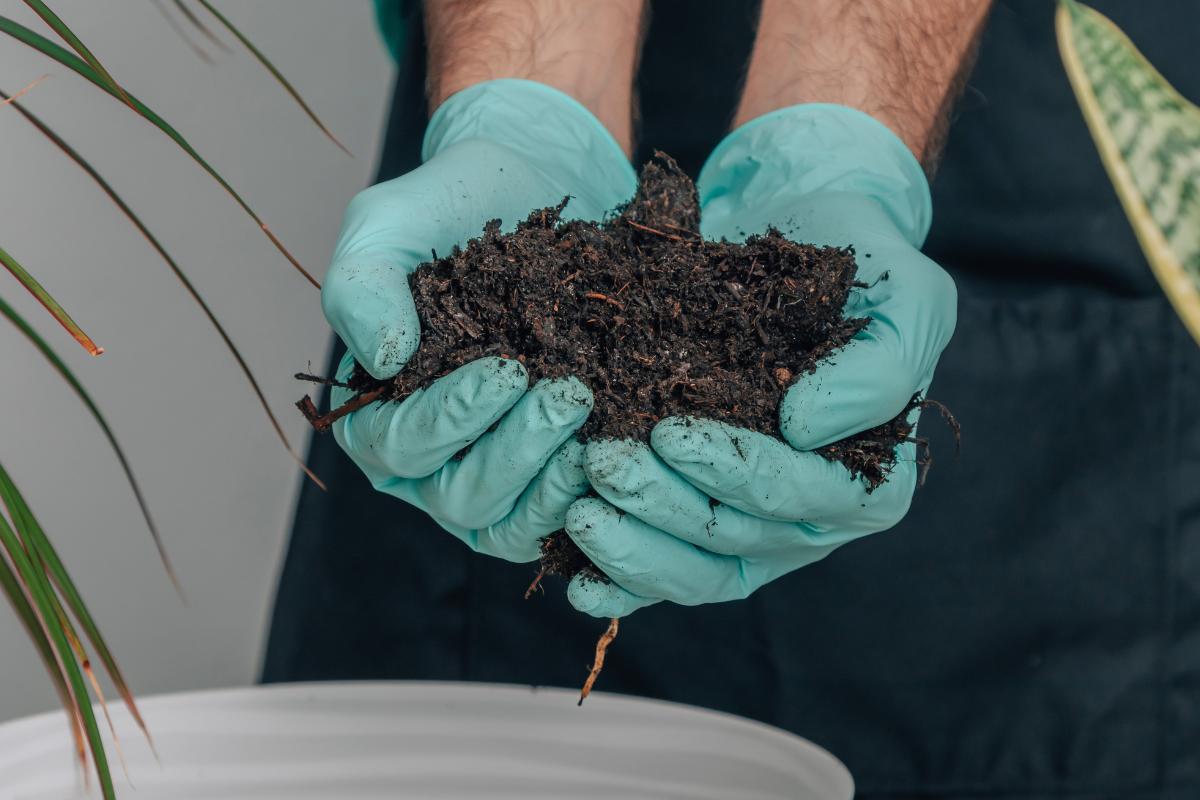What Is Universal Soil?


Different plants need different nutrients to survive, but there are certain basic components which a substrate needs for a plant to grow. Universal soil is a potting which which is enriched and balanced to cover most of these basic needs. It doesn't mean all plants can grow in universal soil, but universal potting mix can be used as a component of the substrate for almost all plants. This is in addition to the specific substrate ingredients required for individual plants to grow. Learn more with thedailyECO as we ask what is universal soil?
What is universal soil for plants?
In botany, the substrate is the surface on which a plant lives and develops. It contains the organic atter and nutrients which the plants need to survive. These nutrients are diverse, but the reflect the various organisms which can be found in a given ecosystem. For plants, this is usually found in soil which is considered a type of substrate.
Also known as general-purpose potting mix, universal soil is an artificially created replica of natural soils. Although it can be make with completely organic materials, it is specifically designed to help plants grow by containing the macro and micro-nutrients which most plants need to grow into healthy specimens.

Uses for universal soil
Now we know what general-purpose potting mix is, we can look at some of the specific uses of universal soil:
- Universal soil serves to improve the conditions of arable land. By general-purpose soil in our garden, the substrate is filled with nutritional properties that plants need to grow in a healthy way. When we don't know what plant soil to use, universal soil is a good starting point since it is beneficial for most plants.
- The universal soil improves the nutritional content of the soil, not only with minerals, but also with elements necessary to provide structure, drainage or water absorption.
- The usefulness of it universal soil is that it suits all types of plants, both flowering and non-flowering plants. It is considered a potting mix since it is often used for potting new plants or transplanting old ones, but it can also be used in flowerbeds.
Characteristics of universal soil
To understand more about why universal soil is such a helpful product for the home and garden, we look in more detail at its characteristics:
- Content: universal soil normally contains tree fiber and bark, dry leaves, various organic residues such as coconut fiber and various cereal parts such as rice husks. The soils sold in specialized stores also contain certain elements such as hydrogel, sand, pumice, perlite and vermiculite.
- Plant types: it is an enriched soil that will allow all types of plants, both indoor and outdoor, to grow in prosperity. This is because they will not lack any of the ingredients to best ensure their development. Sometimes we use soils that are not sufficient in structure for the plants to grow well or that are soils that are deficient for the development of the plants. Universal soil can give almost any plant a boost to help with these processes.
- Factors: the characteristics of a good substrate are that it retains moisture, but allows good drainage. It also needs aeration of the roots because the air carries the oxygen necessary for the plant's various functions. It also needs capillarity, i.e. the ability of the substrate to ensure all the roots are able to intake nutrients, since all of them must be capable of bringing food to the plant.
- Nutrients: when you review the ingredients of the universal substrate you are going to buy, make sure it contains nitrogen, sulfur, magnesium, calcium, potassium and phosphorus. These macronutrients are needed in large quantities. Micronutrients, on the other hand, are needed in lower quantities. When the pH of the substrate is high (alkaline), boron, zinc, copper, magnesium and iron begin to be insoluble and the plant can no longer use them. If the pH is on average 5.5, they are already soluble and the plant will be better able to absorb them through its roots.
- Homemade universal soil: you can also create your own universal substrate, although keep in mind that it will not be as complete as what the commercial products make by professionals. In this case, make sure it contains both organic and inorganic waste, such as those we have indicated at the beginning of this section. An ideal formula includes 1/4 perlite, 2/4 peat and 1/4 worm castings. Learn how to make worm castings at home with our DIY guide.
- Mulch: you have to know how to differentiate between universal soil and mulch, since the latter is used as a protective top cover for the earth. The first is a growing medium. This differentiation is important so that you do not use mulch as a soil which can hinder the growth of the plant.
- Peat moss: peat moss substrate is a type of universal soil which is currently fashionable. It is concentrated and comes from mosses known as tuberas. Peat moss retains water at a rate of 20 times its dry weight. It has good humidity and up to 20% aeration. While there are various colors which represent different amounts of nutrients, the different types of peat moss can be either fine or thick. Fine peat moss is used for the seeds to germinate properly and the thick kind is used to strengthen the nutrition of the soil so that the plants grow better and stronger.

Where to buy universal substrate
For buy soil for plants, You can do it in physical stores such as florists and gardening stores . It is also easy to purchase through online gardening stores. You can even find them some in supermarkets if they have a gardening section. Now that you know what universal substrate is, you may also be interested in learning about lava rock for plants.
Use the link below if you want to purchase your own universal soil for potting plants:
If you want to read similar articles to What Is Universal Soil?, we recommend you visit our Plant care and cultivation category.
- Substrate as a cutting-edge material. (2017). (n.d.): OmniaScience.
- Torres Flores, I. (2019). Effect of the substrate with the use of organic fertilizers on the initial development of Bull's Blood (Virola sebifera Aublet) seedlings. Germany: GRIN Verlag.


